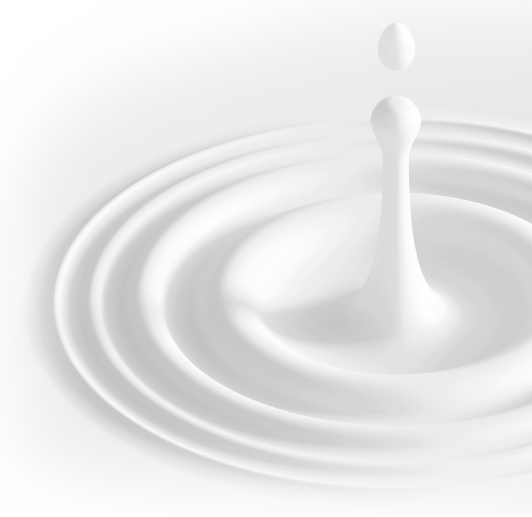Contrary to theoretical predictions, oxygen inactivates biocatalysts for energy conversion within a short time, even under a protective film. A research team of the Resolv Cluster of Excellence at Ruhr Universität Bochum (RUB) has found out why: Hydrogen peroxide forms on the protective film. The addition of iodide salts to the electrolyte can prevent this from happening and considerably extend the life of the catalysts. The team around Professor Nicolas Plumeré from Resolv, Dr. Erik Freier from the Leibniz Institute for Analytical Sciences Dortmund and Professor Wolfgang Lubitz from the Max Planck Institute for Chemical Energy Conversion in Mülheim reports its findings in Nature Communications of 14 February 2020.
Additional Information
Original publication: Huaiguang Li, Ute Münchberg, Alaa A. Oughli, Darren Buesen, Wolfgang Lubitz, Erik Freier, Nicolas Plumeré: Suppressing hydrogen peroxide generation to achieve oxygen-insensitivity of a [NiFe] hydrogenase in redox active films, in: Nature Communications, 2020, DOI: 10.1038/s41467-020-14673-7
---------------------------------------------------------------------------------------
Iodidsalze machen Biokatalysatoren für Brennstoffzellen stabil
Nat.Comm.: Sauerstoff ist der größte Feind von Biokatalysatoren für die Energieumwandlung. Ein Schutzfilm schirmt sie ab - aber nur mit einer weiteren Zutat: Iodidsalz.
Entgegen theoretischen Vorhersagen inaktiviert Sauerstoff Biokatalysatoren für die Energieumwandlung auch unter einem Schutzfilm binnen kurzer Zeit. Ein Forschungsteam des Exzellenzclusters Resolv an der RUB hat herausgefunden warum: Es bildet sich Wasserstoffperoxid am Schutzfilm. Die Zugabe von Iodidsalzen zum Elektrolyten kann das verhindern und die Lebensdauer der Katalysatoren erheblich verlängern.
Das Team um Prof. Dr. Nicolas Plumeré von Resolv, Dr. Erik Freier vom Leibniz-Institut für Analytische Wissenschaften Dortmund und Prof. Dr. Wolfgang Lubitz vom Max-Planck-Institut für chemische Energieumwandlung in Mülheim berichtet in Nature Communications vom 14. Februar 2020.
Zusätzliche Information
Ausführliche Presseinformation
Originalveröffentlichung: Huaiguang Li, Ute Münchberg, Alaa A. Oughli, Darren Buesen, Wolfgang Lubitz, Erik Freier, Nicolas Plumeré: Suppressing hydrogen peroxide generation to achieve oxygen-insensitivity of a [NiFe] hydrogenase in redox active films, in: Nature Communications, 2020, DOI: 10.1038/s41467-020-14673-7

